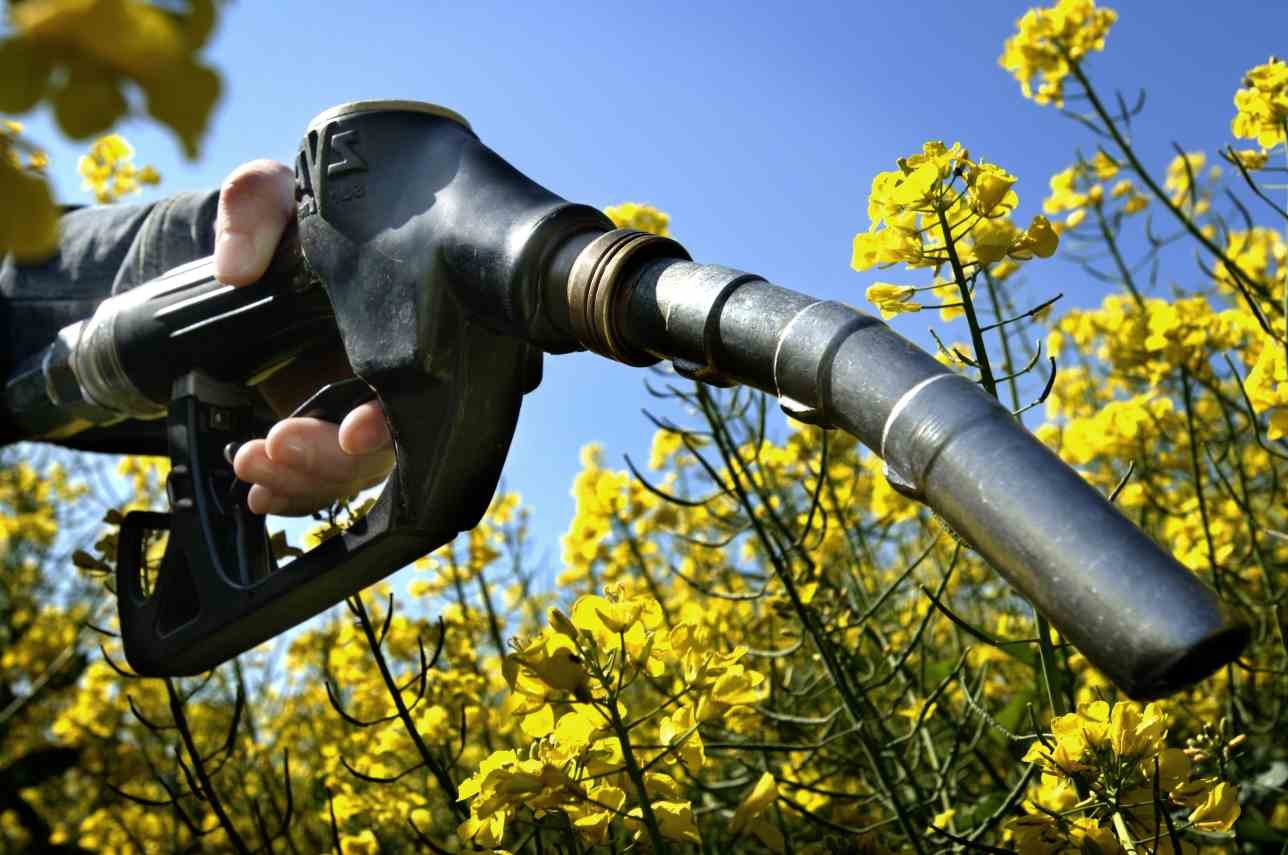European biofuel market will be driven by volatility in vegetable oil markets

The European biodiesel market is expected to grow in 2025, driven by demand-stimulating mandates, but faces challenges with feedstock availability and high biofuel prices. Read more in the S&P Global Platts report.
Change in UCO trade flows
Trump's imposition of tariffs on imports of goods from China (in particular, vegetable oils) could shift trade flows towards the EU. According to S&P Global Commodity Insights, in the first 10 months of 2024, UCO imports from China to the US amounted to 1.075 million tons, which is twice the figure for 2023 (536,729 thousand tons). Some US companies are abandoning Chinese raw materials and switching to products from other countries.
If Trump imposes a tariff on UCO imports, EU supplies will increase and prices will decrease, otherwise the effect will be the opposite.
The European Commission has imposed anti-dumping duties of 36.4% on imports of biodiesel and renewable diesel from China since August 16, 2024. At the same time, for 40 companies that cooperated with the investigation, the rate will be 23.7%. In February 2025, the temporary duties are to be replaced by permanent measures.
Growing demand for aviation and marine products
Once the new mandates come into effect in 2025, biodiesel, marine and clean aviation fuel producers will compete for limited supplies of UCO feedstock. By 2025, SAF must account for at least 2% of aviation fuel in the EU. The bulk of SAF costs are in feedstock, and a growing number of competitors in various industries are looking to increase production to meet their carbon reduction targets.
Accordingly, in the maritime sector, operators must reduce greenhouse gas emissions from fuel used by vessels in trade with the EU by 2% from 2025. The shift from traditional petroleum fuels to biofuels will increase demand for UCO, but it is not yet known whether it will be B24, B30 or B50.

Reduction in vegetable oil stocks
Expected disruptions in vegetable oil supplies will create problems for biodiesel producers. Market participants are gradually reducing the use of palm oil in line with the EU Directives on renewable energy sources and deforestation.
One of the main raw materials for biodiesel production in the EU is rapeseed oil, which mixes well even at low temperatures, making it a suitable biofuel for cold regions. However, the reduction in global rapeseed production is increasing demand for this oil, leading to an increase in prices. According to Commodity Insights, the rapeseed harvest in the EU and the UK in 2024/25 MY will be 17.9 million tonnes.
Currently, 20% of the world's vegetable oils are used in the biofuel industry. Therefore, in 2025 and 2026, the world may experience a shortage of vegetable oils for food use.

Compliance issues
The EU Biofuels Tracking Platform, the Union's database on biofuels, could lead to a reduction in supply, say BioLedger experts. The introduction of the UDB, which tracks the global balance and allows the European Commission to react quickly to fraud, could reduce supply as certain products will not meet the criteria. This will reduce the availability of UCO and lead to higher prices.
The Commission is still working on the launch of the Union biofuels database, but market participants emphasize the partial functionality of the European mass balancing platform, the European Biogas Association reports.
Compliance with the requirements in 2025 will become more expensive, so we should expect an increase in the biofuel premium and the cost of credits.


